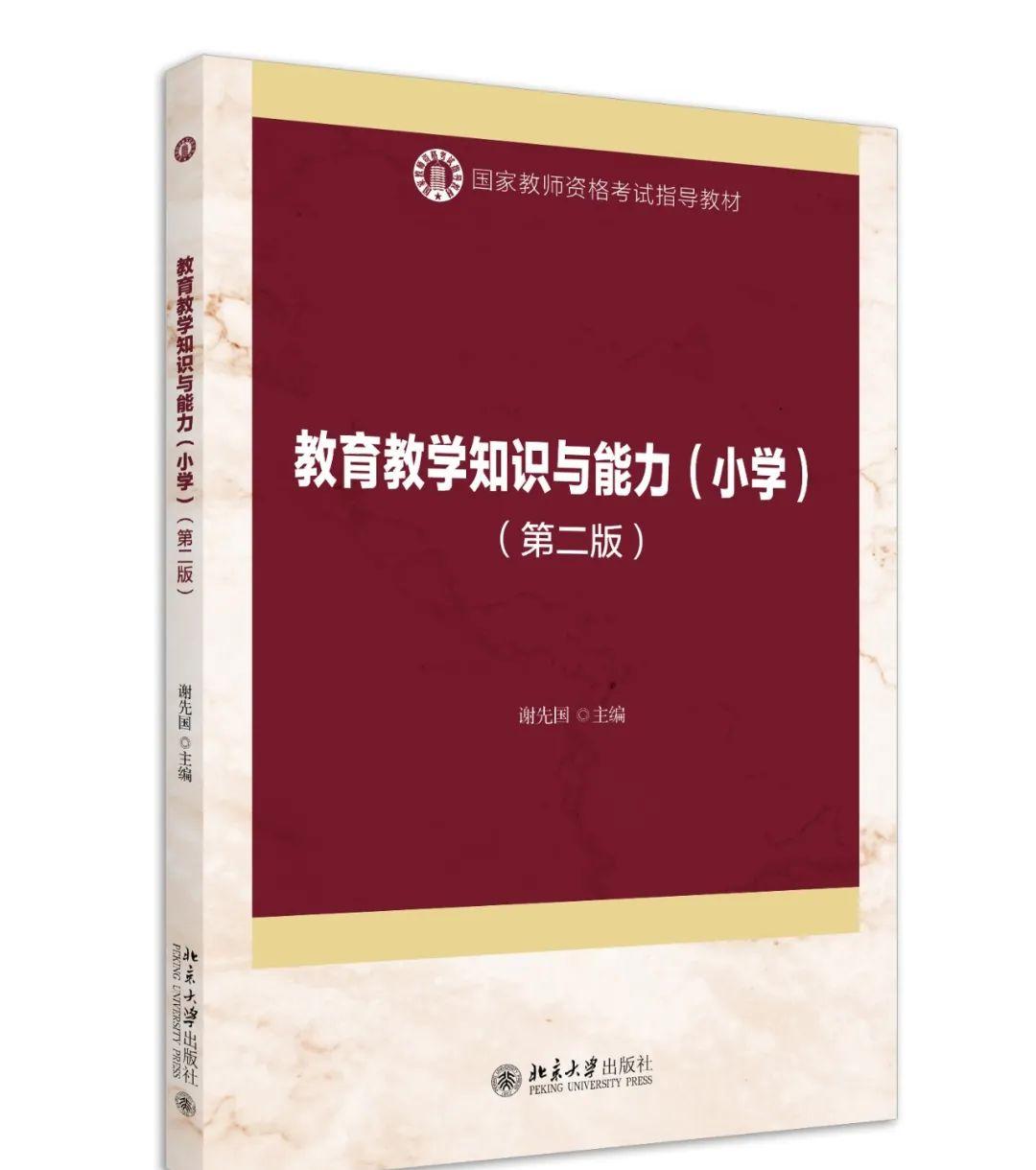In July 2021, the General Office of the CPC Central Committee and the General Office of the State Council issued the Opinions on Further Reducing the Homework Burden and Off-campus Training Burden of Students in the Compulsory Education Stage, which is proposed to deeply implement the spirit of the 19th National Congress of the Communist Party of China and the Fifth Plenary Session of the 19th Central Committee of the Communist Party of China, effectively improve the level of school education, continue to standardize off-campus training (including online training and offline training), and effectively reduce the excessive homework burden and off-campus training burden (that is, "double reduction") of students in the compulsory education stage. Primary school students have a longer time in school, and primary school teachers have more time to cultivate students, which plays a greater role in the growth of students and the cultivation of talents. The fall 2021 semester is the first semester after the national implementation of the "double subtraction", and it is time to show the real skills of elementary school teachers. In primary education, primary school teachers should play the following roles.
1. Carer of students
A basic feature of primary school education is to nurture the life of primary school students, primary school teachers need to use a variety of ways such as eyes, smiles and other body language to convey caring information to children, need to develop students' pro-social feelings in a timely manner, and establish a close and harmonious teacher-student relationship.
2. Imparters of knowledge
To a certain extent, schools are created to specifically and systematically impart human knowledge and experience to students. In this sense, the origin and development process of the school stipulates that primary education must be based on the "transmission and dissemination of knowledge", and the basic role of contemporary primary school teachers must also be the imparter of knowledge.
3. Learners
The role of contemporary teachers has shifted from blindly emphasizing the imparting of knowledge to focusing on organizing students' learning and becoming the guides of students' learning. Students are regarded as the main body of learning, and teachers are the guides of students' learning and development.
4. Course developers
After the founding of the People's Republic of China, China has implemented a highly unified curriculum management system in primary education, and primary school teachers have long been stipulated as passive implementers of the curriculum. At present, China's curriculum management system has moved from centralized power to the national, local and school three levels of decentralization, correspondingly, the primary school curriculum can be divided into three types: national curriculum, local curriculum and school curriculum. The reform of the curriculum management system has given the role of the development of the curriculum for contemporary primary school teachers, which is reflected in the redevelopment of the national and local curricula by teachers and the development of the school-based curriculum by teachers.
5. Designers, organizers and managers of education and teaching
Teachers are the designers, organizers and managers of school education and teaching activities, and need to shoulder the responsibility of education and teaching management, including setting goals, establishing class collectives, formulating and implementing rules and regulations, maintaining class discipline, organizing class activities, coordinating interpersonal relations, etc., and controlling, inspecting and evaluating education and teaching activities.
6. Researchers of education
Contemporary primary education is an open and complex system engineering, with the change of society, primary school teachers are facing a constantly changing world, there are many unknown areas, these areas have not yet been seriously and systematically considered and studied, at the same time, in the face of their own daily education and teaching behavior, teachers must continue to reflect. From the "certainty" of various educational and teaching behaviors to "some doubts", and then through reflection to achieve more reasonable education and teaching practices, and enhance the ability of educational practice and self-transcendence. Therefore, teachers are also researchers of education.
7. Lifelong learners
Teaching, like other professions, is a "learning" profession in which teaching practitioners are regularly updated and supplemented throughout their careers with their knowledge, skills and abilities. The rapid changes in contemporary society require primary school teachers to become lifelong learners in order to promote their professional development.
8. Creator of culture
Education is both an integral part of culture and a means of passing on culture and creating it. Modern society requires education to give full play to its role in creating culture, and teachers are one of the main influencing factors in the play of this role. Teachers' creation of culture is reflected in the following two aspects: first, to cultivate students with innovative spirit and ability; second, to create a new educational culture.

"Education and Teaching Knowledge and Ability (Primary School)" (Second Edition) Author: Xie Xianguo ISBN: 978-7-301-31616-0 Price: 48.00 yuan
"Education and Teaching Knowledge and Ability (Primary School)" has been reprinted many times since its publication in 2014, and has been well received by the majority of teachers and students. "Education and Teaching Knowledge and Ability (Primary School)" (second edition) is revised on the basis of the first edition according to the changes in the question type and content of the teacher qualification examination in recent years, and is a special examination guidance textbook for the subject of primary school teacher education knowledge and ability of the national teacher qualification examination